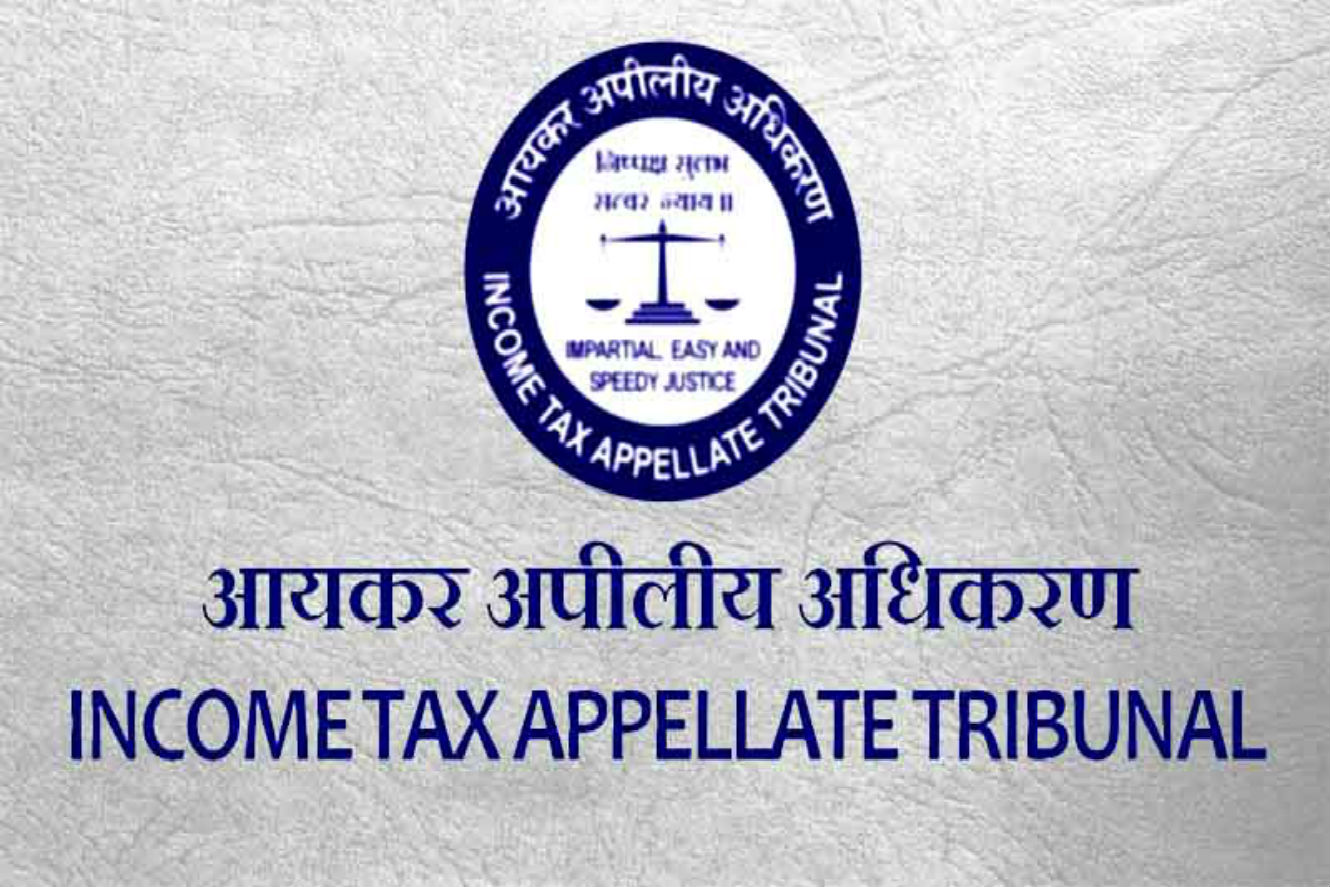@JUDGMENTTAG-ORDER
Sonia Gokani, J.@mdashAggrieved by the order of the income tax Appellate Tribunal dated 22-06-2012, this tax appeal is preferred u/s 260F of the income tax Act (''the Act'' hereinafter) proposing following questions of law for our consideration:
1. Whether the Appellate Tribunal has substantially erred in upholding the decision of CIT(A) in holding that the amount of Rs. 1,09,85,482/- received by the assessee on account of Excise Duty Refund is a capital receipt and not liable to tax under the income tax Act, by relying on the judgment of Hon''ble High Court of Jammu & Kashmir in the case of
2. Whether the Appellate Tribunal has substantially erred in not appreciating the judgments of Hon''ble Supreme Court of India in the case of
We have heard learned counsel Mr. Bhatt for the revenue and examined the material on record with his assistance. The only question that requires to be addressed to as to whether the sum received by the assessee on account of the excise duty refund as held by the Tribunal is a capital receipt and not liable to tax requires any interference.
2. As can be noted from the material on the record, the Tribunal has sought to rely upon the decision of the High Court of Jammu and Kashmir followed in case of this very assessee for the assessment year 2007-08. In earlier years the Tribunal relied on the decision of Jammu and Kashmir High Court in case of
30. Considered thus, the paramount consideration of the Central Government in providing the incentives to the new industrial units and substantial expansion of the existing units, was the generation of employment through acceleration of industrial development, to deal with the social problem of unemployment in the State, additionally creating opportunities for self-employment, hence a purpose in public interest.
31. In this view of the matter, the incentives provided to the industrial units, in terms of the new industrial policy, for accelerated industrial development in the State, for creation of such industrial atmosphere and environment in the State, for creation of such industrial atmosphere and environment, which would provide additional permanent source of employment to the unemployed in the State of Jammu and Kashmir, were in fact, in the nature of creation of new assets of industrial atmosphere and environment, having the potential of employment generation to achieve a social object. Such incentives, designed to achieve public purpose, cannot, by any stretch of reasoning, be construed as production or operational incentives for the benefit of assessees alone.
32. Thus, looking to the purpose, of eradication of the social problem of unemployment in the State by acceleration of the industrial development and removing backwardness of the area that lagged behind in industrial development, which is certainly a purpose in the public interest, the incentives provided by the office memorandum and statutory notifications issued in its behalf, to the appellants-assessees, cannot be construed as mere production and trade incentives, as held by the Tribunal.
33. Making of additional provision in the scheme that incentives would become available to the industrial units, entitled thereto, from the date of commencement of the commercial production, and that these were not required for creation of new assets cannot be viewed in isolation, to treat the incentives as production incentives, as held by the Tribunal, for the measure so taken, appears to have been intended to ensure that the incentives were made available only to the bona fide industrial units so that larger public interest of dealing with unemployment in the State, as intended, in terms of the Office Memorandum, was achieved.
34. The other factors, which had weighed with the Tribunal in determining the incentives as production incentives may not be decisive to determine the character of the incentive subsidies, when it is found, as demonstrated in the Office Memorandum, amendment introduced thereto and the statutory notification too that the incentives were provided with the object of creating avenues for perpetual employment to eradicate the social problem of unemployment in the State by accelerated industrial development.
35. For all what has been said above, the finding of the Tribunal on the first issue that the excise duty refund, interest subsidy and insurance subsidy, being against the law laid down by the Hon''ble Supreme Court of India in
3. Against such decision of the Tribunal, based on the ratio of the High Court of Jammu and Kashmir given in the case of this very assessee in the earlier assessment year, no other material is brought on the record for the Court to give any contrary findings. Under the circumstances, we hold such refund as the capital receipt not exigible to the tax when the Tribunal on a detailed examination of such is has held in favour of the assessee and against the department. Tax appeal, consequently is dismissed.

